Hitler, ever seeking to emulate strong German hero types (especially if their Christian name was Frederick), unsurprisingly named his great invasion of Russia ‘Operation Barbarossa’. It is in this context that the name — meaning ‘Redbeard’ — is best known today. Apart from that, a rather clunky eponymous Italian film from 2011 and a presence in the underground heavy metal music scene, awareness of the medieval German emperor outside of Germany and Italy is very limited. This owes much to the fact that John Freed’s biography is the first in English for half a century. A 700-page doorstopper, this impressive, learned book certainly makes amends for this previously serious oversight.
Frederick was the most powerful figure in 12th-century Europe. Born c.1123, by 1147 he had inherited the duchy of Swabia from his father and, as the compromise candidate (fittingly for such a committed pragmatist), he won the election to be King of the Romans in 1152; he was consequently crowned emperor in 1155 (the Holy Roman part came formally in 1180 but appeared first, as Freed shows, in 1157). The empire stretched from the Baltic to the Mediterranean. It comprised three kingdoms: Germany (the Roman kingdom), Italy (the Kingdom of Lombardy); and Burgundy (including the Kingdom of Provence). No wonder he was considered by many to be ‘lord of the world’.
Collectively, these presented him with a constantly bubbling cauldron of political interests and complex wars during his long reign. It would be easy for both author and reader to be overcome by the multiplicity of events and power machinations, but Freed’s notable achievement is admirably to elucidate these without clutter, embellishment or condensed compromise. This is all the more impressive as Freed is primarily a social historian (this sometimes shows: the bibliography, extensive as it is, lacks some key military texts).
At home, Frederick had to deal with over-mighty nobles, the chief of whom was Henry the Lion, Duke of Saxony, as he strove, with considerable success, to unify Germany. But it was the south that preoccupied him and cost him the most blood and treasure: he was to devote over ten years to six ultramontane campaigns to counter Italian city states unceasingly seeking independence and the vacillating objectives of the papacy. Known as a balanced, measured ruler, there was a limit to his patience, and these Italian wars saw a frustrated Frederick at his most ruthless. At Crema in 1159 he had hostages tied to his siege tower as human shields in an attempt to protect it against artillery barrages from the city. It did not work: many of the poor wretches were smashed by the stones of their fellow citizens. One chronicler (not quoted by Freed) gratuitously recorded the results: ‘They crushed their chests, their stomachs and their heads, and bone and mushy brain were mixed together. It was a savage, horrid thing to see.’ Meanwhile, Frederick’s men played ball with the severed heads of captives. No wonder the Italians feared the infamous furor Teutonicus.
Despite such frequent actions, Frederick’s response to problems was cerebral rather than visceral and his reign was marked, as Freed emphasises, by intelligent pragmatism. It needed to be. Barbarossa met almost as much failure as success in Italy, most notably when defeated by the Lombard League at the battle of Legnano in 1176; the emperor was unhorsed in battle and was lucky to escape the field. He arguably achieved greater success afterwards by cleverly exacerbating divisions within the league through bribery, thereby considerably mitigating the subsequent settlement. Frederick eventually learned it was more effective to follow events rather than try to shape them.
He was also lucky, even in the face of adversity. In 1167, catastrophe struck at Rome when disease (Freed convincingly argues for dysentery) demolished Frederick’s army, rapidly killing over 2,000 of his men. The emperor had to scurry back to Germany in ignominy in the disguise of a servant, leaving a doppelganger behind to misinform the enemy as to his whereabouts. Remarkably, Frederick was to benefit from this calamity. Not only did it compel him to once again rethink his strategy and to consider more closely the greater benefits of compromise, but there was also a surprising and massive financial windfall: so many heirs of Germany’s leading nobility died at Rome that huge swathes of their lands passed into imperial hands. ‘The emperor turned defeat into victory,’ writes Freed.
Frederick’s last campaign was a holy one: the Third Crusade to retake Jerusalem. Having learnt from his experiences on the disastrous Second Crusade (1146–48), his expedition in 1189 was a highly professional, ‘meticulously planned and organised’ affair, seizing Iconium in Turkey by storm on the way. He had taken the land route: partly because his army was so large; and partly, perhaps, because he feared drowning, after a soothsayer purportedly predicted this fate for him. His death was indeed a watery one: in June 1190 he drowned in the river Saleph while going for a swim to cool down. (Frederick was obviously a keen swimmer: Freed reports him taking a relaxing dip in the Adriatic in 1157.) Speculating that the emperor suffered a fatal heart attack, Freed notes that Frederick’s death was ‘ironically the most recorded event in his life’.
Barbarossa lived on in legend, assuming a role in German folklore similar to that of King Arthur in British mythology. Thanks to Freed’s scholarly but highly readable biography, this pragmatic Teutonic Arthur might finally gain greater renown beyond Germany.
The post The Teutonic King Arthur appeared first on The Spectator.
Got something to add? Join the discussion and comment below.
Get 10 issues for just $10
Subscribe to The Spectator Australia today for the next 10 magazine issues, plus full online access, for just $10.
You might disagree with half of it, but you’ll enjoy reading all of it. Try your first month for free, then just $2 a week for the remainder of your first year.

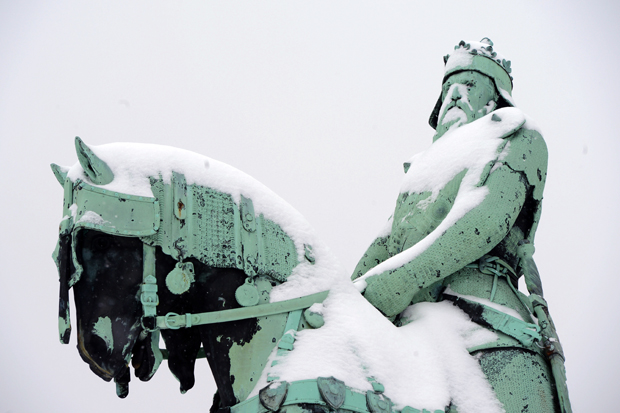
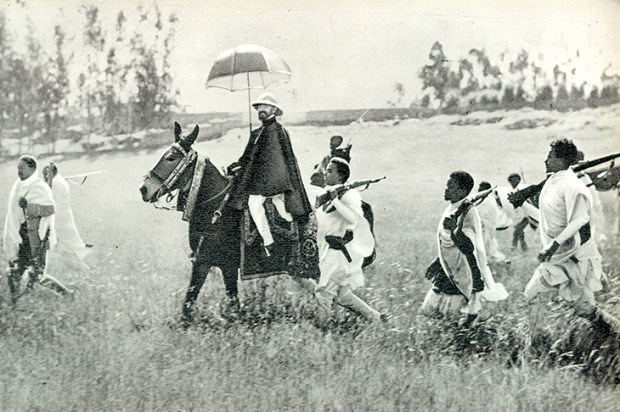


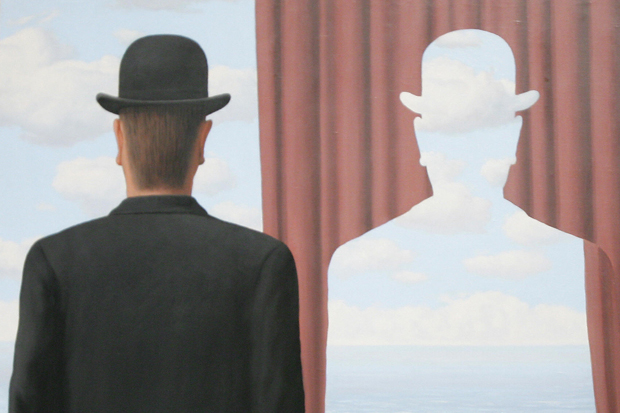
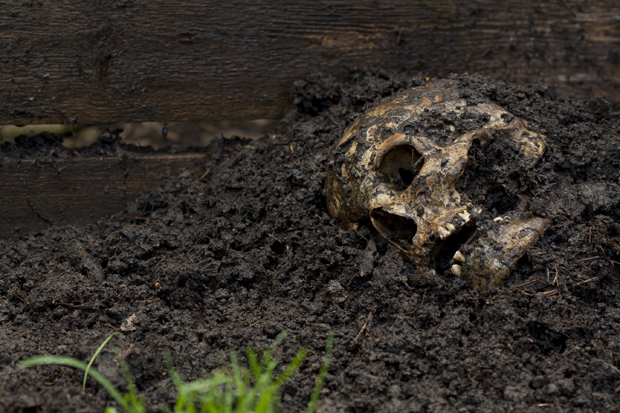
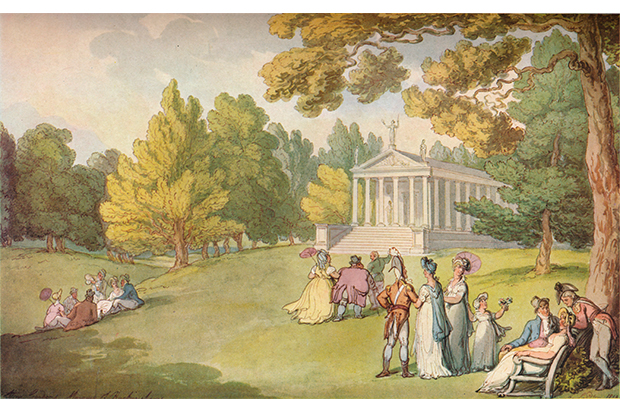






Comments
Don't miss out
Join the conversation with other Spectator Australia readers. Subscribe to leave a comment.
SUBSCRIBEAlready a subscriber? Log in